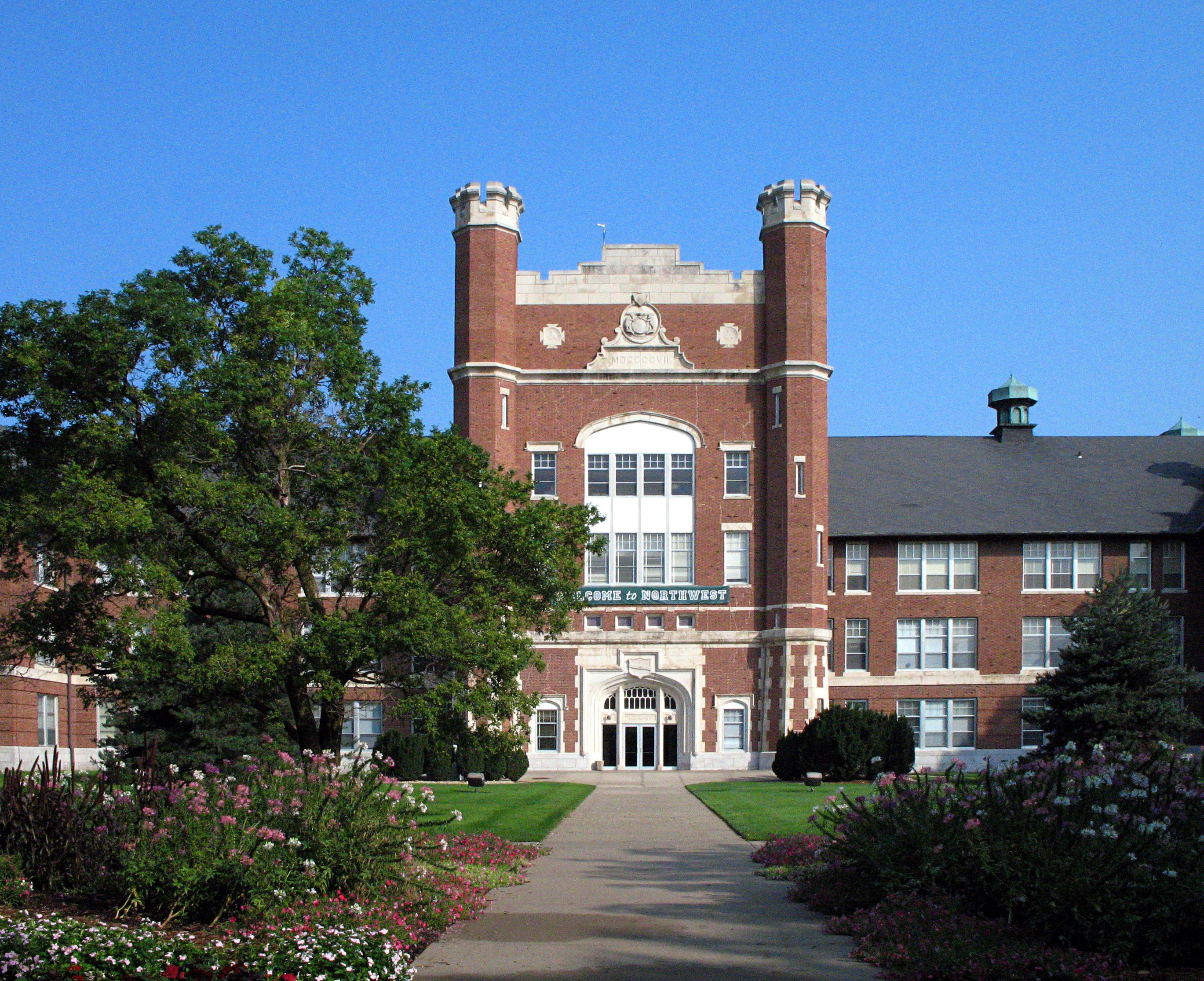 Northwest Missouri State University’s Board of Regents approved student rates for the institution’s 2022-23 academic year, including tuition and fees, room and board rates, and supplemental fees.
Northwest Missouri State University’s Board of Regents approved student rates for the institution’s 2022-23 academic year, including tuition and fees, room and board rates, and supplemental fees.
Undergraduate students attending Northwest next fall will see an estimated average net increase of four percent, or about $413, based on 28 credit hours. Tuition for on-campus graduate programs also will increase four percent in alignment with market research and on-campus undergraduate tuition, while off-campus graduate programs maintain non-standard tuition and fee rates that vary from traditional courses.
Presenting the proposal to the Regents, Vice President of Finance and Administration Stacy Carrick said the rate increases align with the seven percent consumer price index (CPI). The approved increase also completes the implementation of a single blended tuition rate approved by the Regents last year to meet student preferences and flexibility in course delivery.
“The Northwest Leadership Team continues to focus on affordability,” Carrick said. “We keep that forefront in our minds for our students’ access and affordability.”
Carrick noted Northwest’s focus on student affordability and competitiveness is reflected in its peer-leading metrics. The university’s net price is in the lower third of its peers and ranks below the state averages of top competitors in Missouri, Iowa, Nebraska and Kansas. Further, 98 percent of first-time, full-time students attending Northwest and 85 percent of undergraduate students receive some type of financial assistance.
In addition to tuition rates, room rates will not increase while meal plans will increase an average of 7.7 percent, or $306, in alignment with the food-away-from-home CPI and the university’s dining contract.
Two Regents voted “no” to the new increases. Regent Jason Klindt voiced his no-vote reasoning to be with the highest enrollment in history that the efficiencies should save any increases to student costs while Regent Lydia Hurst, who also voted against the raise in student costs, noted families are being hit with other inflation concerns including gas prices. Hurst resigned from the Regents later that day.
Northwest’s Student Senate supported the proposal and voted to increase the employment program fee by $4 a credit hour, resulting in an increased wage of $10.30 an hour for student employment jobs. Northwest cites its internationally benchmarked student employment program, which offers about 1,200 jobs to university students, as a valuable component of the school’s profession-based experience.
Carrick added that Northwest achieves competitive pricing through operational efficiencies and cost containment strategies. According to a report released by the Missouri Department of Higher Education and Workforce Development in 2021, Northwest is the most efficient with state appropriations per degree and certificate granted among state universities. Further, the report showed Northwest receives the second-lowest level of funding per full-time equivalent.
The Regents approved a proposal, a 6-1 vote seeing a “no” vote from Hurst, to renovate the third floor of Martindale Hall that is contingent on the university’s receipt of approximately $1 million in funding from an external donor. With their approval, the Regents also authorized Northwest President Dr. John Jasinski and Carrick to execute a contract that does not exceed $1.3 million.
The renovation project targets a 4,260-square-foot section of Martindale Hall’s third floor, which includes multipurpose space and storage areas. The upgrades will provide academic laboratory spaces to support human services and school counseling programs within the school of health science and wellness as well as faculty and staff offices.
Carrick said the Regent-approved project is the first phase of long-term plans to renovate Martindale Hall, which opened in 1926 and was last renovated during the mid-1970s.
In other business, the Regents approved the creation of six programs in Northwest’s Melvin D. and Valorie G. Booth School of Business. The new online programs consist of two Master of Business Administration (MBA) degrees, accounting emphasis and finance emphasis, as well as 12-hour certificate programs in accounting, finance, human resource management and marketing, all of which will launch next fall.
The Regents also ratified the appointments of four adjunct faculty to teach this spring.




Facebook Comments